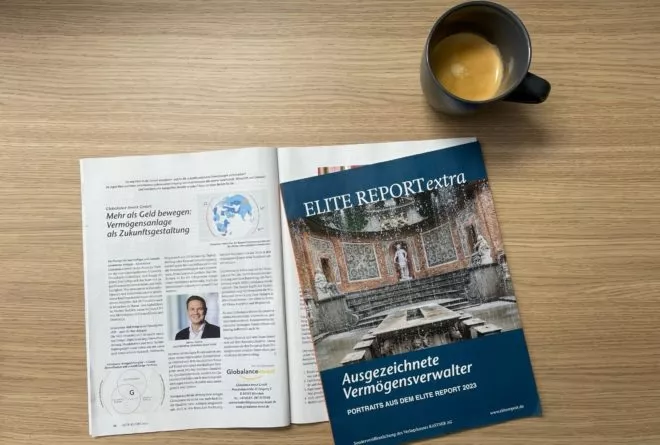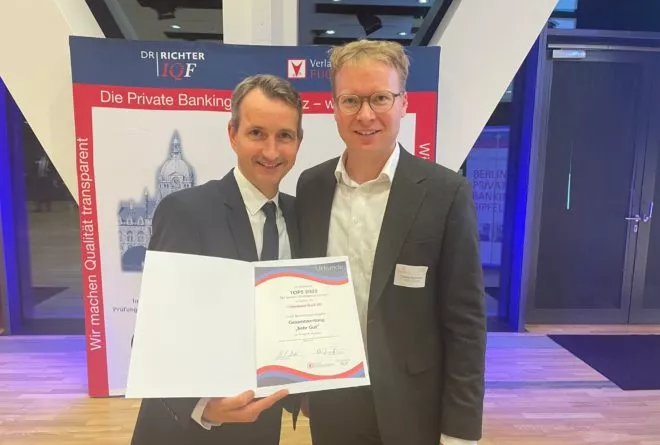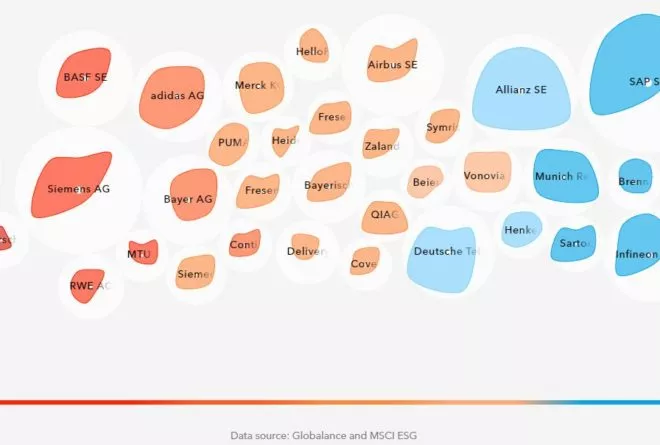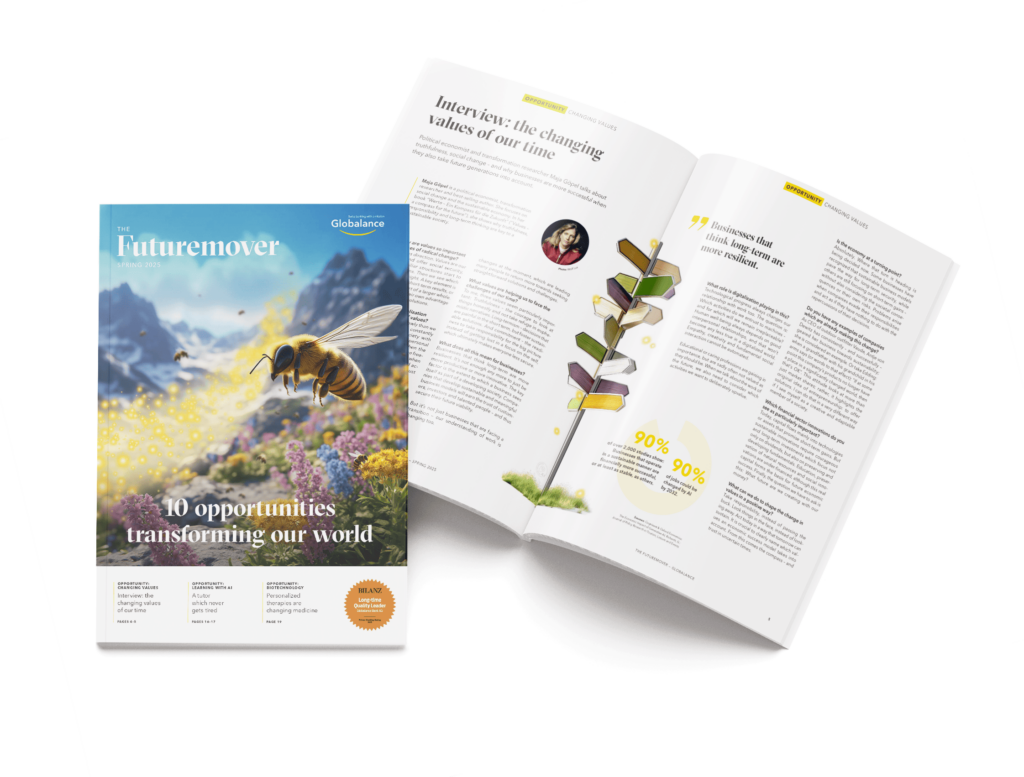News & Trends
40 big ideas for a more sustainable future

Daniel C. Esty, Yale Professor and author, on big ideas for a more sustainable future.
What are you trying to achieve with your book “Better planet – 40 big ideas for a sustainable future”, and why do we all need to read it?
All of us living in the 21st century face what I call the “Sustainability Imperative“. We must find ways to move toward a sustainable energy foundation for our economy and address other critical environmental issues including safe drinking water, the control of air pollution, and waste management. The book digs into this range of issues and offers a set of practical pathways for action. We see the book as providing a basis for the sort of debate and conversations which society must have in order to move onto a sustainable trajectory.
Which of your 40 proposals would you expect to be most surprising for our European audience?
Many of the solutions in the book are applicable on both sides of the Atlantic – a greater focus on systems thinking and design, more use of marketbased policy mechanisms, the need for incentives to promote innovation, and the value of underpinning environmental policy with the very best science and data that is available. But the emphasis in several of the essays on communications might surprise Europeans. We still have a significant number of climate change “deniers” in the United States.
And we have an even greater number of disengaged citizens. But there are creative ways to reach these audiences on their own terms and in their own language, as Thomas Easley’s chapter “Hip Hop Sustainability” demonstrates.
„There are creative ways to reach these audiences on their own terms and in their own language.“
Can you give positive examples of smart policies which were successfully implemented anywhere in the world and at scale?
Despite the sense that the United States is in collapse with regard to the issue of climate change, we actually have a number of states that are doing remarkable things to bring down emissions. For example, ten states across the Northeast and Mid-Atlantic states have set up a Regional Greenhouse Gas Initiative that provides a “cap and trade” system for GHG emissions that has reduced the region’s contribution to climate change considerably and created a flow of funds available for renewable power and energy efficiency investments.
Perhaps even more notably, Connecticut devote its share of the allowances sold to set up a “Green Bank” that uses limited government resources to leverage private capital in a manner that has allowed the state to ramp up its clean energy projects by 7-fold with billions of dollars going to rooftop solar arrays, home and business energy efficiency projects, clean energy micro grids, and other projects.
Are companies making progress?
Transformative change will require efforts across society and across the business world – from tiny start-up companies to multinational corporations. I think we are seeing progress right across this spectrum. A number of countries have set up “green incubators” which are helping creative spirits and entrepreneurial companies to launch innovations that can make a difference in the sustainability domain. But big business is also stepping up to the challenge. Microsoft’s commitment to offset all of its greenhouse gas emissions – not just going forward but going back to the foundation of the company – represents one impressive example of sustainability leadership.
And dozen of other companies, including fossil fuel burning utilities, are making substantial decarbonization commitments. So I think we have turned a corner and now have a global commitment to sustainability that has begun to take hold despite political ups and downs in some countries.
Will new technologies save our planet?
New technologies will almost certainly be part of the solution to the Sustainability Imperative that we face. One of the curious aspects of the environmental arena is how untouched it is by information technologies and other breakthroughs of our Digital Age. Almost every other aspect of society – from how sports teams pick their players to the way businesses use data to microtarget their marketing efforts – has been dramatically transformed by the world of Big Data. The environmental realm needs the same sort of application of technologies to its challenges. Technology breakthroughs will be important but are not sufficient. We will also need to modify our behavior to make sustainability more of a core value.
Daniel C. Esty
Dan Esty is the Hillhouse Professor at Yale University with primary appointments in the Yale Environment School and the Law School and a secondary appointment at the Yale School of Management. He also serves as Director of the Yale Center for Environmental Law and Policy (www.yale.edu/envirocenter) and on the advisory board of the Yale Center for Business and the Environment, which he founded in 2006.
Professor Esty is the author or editor of twelve books (including the prizewinning guide to corporate sustainability, Green to Gold) and dozens of articles on environmental and energy policy — and their connections to regulatory policy, corporate strategy, sustainability performance measurement, competitiveness, trade, and economic success.
His recent (edited) volume, A Better Planet: 40 Big Ideas for a Sustainable Future, was named a top book of 2019 by The Financial Times.

From 1989-93, Professor Esty served in a number of senior positions in the U.S. Environmental Protection Agency. During this time, he led EPA’s regulatory review process and helped to negotiate the 1992 Framework Convention on Climate Change. From 2011-14, he returned to government service as Commissioner of Connecticut’s Department of Energy and Environmental Protection. In this role, he led efforts to draft Connecticut’s first energy strategy, launch a Green Bank to promote clean energy, and restructure the state’s regulatory programs.
Known for his innovative work at the business-sustainability interface, Professor Esty has also provided strategy advice to companies, governments, international organizations, NGOs, and foundations around the world.









